The Art of Giving and Receiving Feedback: constructive communication for growth.

Have you been forwarded this newsletter and you like it? Subscribe here.
🎯 Upcoming Events
Thursday 21 March 12h30, Meet & Lunch in Lausanne (CH) - The Nature of Leadership (register here)
Monday 8 April, Webinar: How To Grow Your Network @ 5pm
👋🏻 Hello growth seekers,
In 1984, amidst the bustling cityscape of Chicago, a pivotal moment in television history was unfolding. Oprah Winfrey, stepping into the modest studio of WLS-TV, was about to transform the half-hour morning talk show, AM Chicago, from an underdog to a ratings leader. The show, which aired its first episode under her guidance on January 2, 1984, was a leap of faith by the station's general manager, Dennis Swanson, who saw something unique in Oprah.
The early days were filled with uncertainty and challenges. In a domain traditionally ruled by white male hosts, Oprah, a black woman of humble origins and a distinctly empathetic presence, was an unconventional choice. Her background was starkly different from the polished, journalistic demeanor typical of talk show hosts like Phil Donahue. But it was precisely this unorthodox mix – her plainspoken curiosity, robust humor, and, most notably, her profound empathy – that set the stage for a remarkable turn of events.
Within months, Oprah's authentic approach to storytelling and her ability to connect with both guests and audiences turned the tides. The show, once lagging in ratings, began to outshine its competitors, including the previously unchallenged "Donahue." Oprah's innate ability to evoke and share the emotional depths of her guests' experiences resonated deeply with viewers. She didn't just interview; she connected, creating a space where guests felt compelled to share stories they might never have imagined discussing on national television.
This meteoric rise caught the attention of movie critic Roger Ebert, who recognized Oprah's potential beyond the Chicago morning slot. He persuaded her to ink a syndication deal with King World, a decision that would catapult her into a new realm of television success.
In those early days of her Chicago tenure, the feedback Oprah received played a pivotal role in shaping her path forward. One of the most influential pieces of advice came from an unexpected source: movie critic Roger Ebert. Ebert saw Oprah's unique ability to connect with her audience, a trait that many in the industry had overlooked. He recognized the potential for her show to reach a wider audience and encouraged her to consider a syndication deal with King World. This suggestion was a turning point. Oprah, known for her open-mindedness and willingness to listen, saw the merit in Ebert's advice. Her capacity to listen deeply and embrace feedback, even when it ventured outside her comfort zone, was instrumental in her decision to sign the deal. This move was not just a step up in her career; it was a leap into uncharted territory, a transition from a local Chicago morning show to a national sensation.
🌱 Growing with Feedback: The Oprah Method
Oprah's journey, particularly during this transformative phase, underscores the profound impact of being receptive to feedback. It demonstrates how open listening and the ability to act on constructive advice can unlock doors to unprecedented opportunities. Oprah’s ascent in the television world was marked not only by her empathy and connection with her audience but also by her agility in navigating the industry, guided by the valuable insights of those around her. Her response to Ebert's feedback was a defining moment, illustrating how a willingness to listen and adapt can catalyze remarkable growth and success.
🤝 Empathy in Feedback: A Humanistic Approach
Empathy lies at the heart of Oprah's method of communication. By actively listening, showing understanding, and validating others' experiences, she exemplified Rogers' principle of "unconditional positive regard." This empathetic approach to feedback allowed her guests to open up, share their stories, and embark on their healing journeys. In turn, Oprah’s own growth was fueled by the diverse perspectives and life lessons shared with her.
🔄 Feedback as a Tool for Transformation
The shift in Oprah's show's format, focusing more on personal stories and less on sensational topics, was a direct result of feedback. It showed her commitment to growth – not just ratings. This change didn't just increase the show’s popularity; it revolutionized the way people viewed talk shows. Oprah's journey mirrors the cognitive-behavioral aspect of change, where feedback leads to a reevaluation of beliefs and actions, fostering personal development.
🌍 Feedback Beyond the Screen
Oprah’s impact extends beyond television. Her work in education, particularly the Oprah Winfrey Leadership Academy for Girls in South Africa, stands as a testament to her belief in empowerment through feedback and communication. By fostering an environment where students and teachers engage in continuous feedback, she has helped cultivate future leaders.
🎙️ The Legacy of Feedback
Oprah Winfrey’s journey, dotted with moments of critical feedback, exemplifies the transformative power of constructive communication. Her story teaches us that feedback, when given and received with empathy and a genuine desire for growth, can be a powerful catalyst for personal and organizational transformation.
Practical tools
In this "Practical Tools" section, we've put together a set of resources to support your personal growth journey. Chosen for those keen to explore deeper and refine their leadership qualities, these tools are designed with genuine intention. Here, it's all about taking meaningful steps towards personal betterment. Let's begin!
🔄 The SBI Model for Feedback
Utilize the Situation-Behavior-Impact (SBI) model. This framework is often taught in leading business schools for structured feedback. Start by describing the specific situation (S), then detail the observed behavior (B), and finally, explain the impact (I) that behavior had. This model keeps feedback clear, relevant, and focused on observable actions rather than personal attributes.
You can ask yourself: "How can applying the SBI model change the way I perceive and deliver feedback in specific situations?"
📈 Feedback Simulations
Engage in feedback simulations, a technique used in executive training programs. Create real-world scenarios where you practice giving and receiving feedback in a controlled environment. These simulations can be reviewed and analyzed to improve your approach and techniques in real situations.
You can ask yourself: "What specific goals do I have for these simulations, and how do they align with my growth in providing and accepting feedback?"
🎥 Video Replay for Self-Analysis
Record and analyze your feedback sessions, a method used in various MBA programs for skill enhancement. By reviewing how you give and receive feedback, you can identify non-verbal cues, tone fluctuations, and areas of improvement that you might not notice in real-time.
You can ask yourself: "Reflecting on my recorded feedback sessions, what changes have I noticed in my approach, and how have they impacted my personal and professional development?"
🌍 Cross-Cultural Feedback Training
Participate in cross-cultural feedback training. Understanding cultural nuances in communication is crucial, especially in diverse work environments. Learn how feedback is perceived and effectively delivered across different cultures, a key component in international business programs.
You can ask yourself: "Are there cultural or personal considerations in feedback that I need to be more aware of, and how can I integrate this understanding into my practice?"
🧩 Behavioral Modeling and Role Playing
Implement behavioral modeling and role-playing exercises. These techniques, frequently used in leadership development programs, involve observing effective feedback practices and then practicing them in role-playing scenarios. This hands-on approach helps in internalizing effective feedback strategies.
You can ask yourself: "How can adopting these observed strategies help build stronger relationships and foster an environment where feedback is welcomed?"
By incorporating these advanced and nuanced techniques, you can elevate your skills in giving and receiving feedback, aligning with the approaches taught in leading business schools and executive training programs.
Community Spotlight
Hi friends, it’s Cesare 👋. Thank you a ton for being a subscriber, it means a lot to me 🙏. In this space I will share occasional updates about our Growth Republic Community as well as some personal updates about my personal leadership journey.
Over the last two weeks I have been travelling to Spain (Madrid and Barcelona). As you might have read from the news, HP (the company I work for) recently signed a sponsorship agreement with the Real Madrid football club, so our global marketing team met the sponsorship activation team to review the launch performances and work on our next quarter plan. Since all of the global marketing leaders attended the meeting, I was asked to deliver a leadership workshop to the HP marketing directors. At the beginning of the workshop I asked participants to discuss few minutes in pairs the leadership behaviour exhibited by leaders they loved to work with. Amongst the many traits and behaviours people come up with, almost everytime these two behaviours show up: they give stretch goals (often reported as leaders setting courageous or demanding goals) and they care about their people (often reported as leaders creating trust, being non-judgmental, transforming failures in learnings). After several years running this short exercise with different professional groups of people, I am coming to the conclusion that the only feedback that will be ever heard and acted upon with sustainable outcomes is the one that comes from someone's heart, that is shared in an enviroment of trust and respect, and that is aimed at inspiring the individual to stretch their capabilities. The best feedback embraces the rational as well as the emotional response of individuals and is oriented towards positive outcomes. The advantanges? Higher performance, more engagement, increased work/life satisfaction and long lasting partnerships. Nearly all people affirm that they would accept working again for those leaders in the future. In a world where people join companies, but leave bosses this is a reminder of the critical role leadership plays in organisations of all sizes.
Food For Thought
Welcome to the "Food for Thought" section, your gateway to a curated selection of resources that will nourish your curiosity and inspire your creative journey. In this corner of Growth Republic, we bring a collection of insightful resources that you can look for on the web, from thought-provoking podcasts or books, to illuminating online articles that can expand your horizons and deepen your understanding of the topics we explore. We upload the links in the web version after a couple of days.
📚 Book: "Thanks for the Feedback: The Science and Art of Receiving Feedback Well" by Douglas Stone and Sheila Heen This book provides insights into understanding and utilizing feedback, focusing on the receiver's perspective.
🎧 Podcast: "HBR IdeaCast" by Harvard Business Review Featuring a range of topics, this podcast often covers episodes on feedback and communication in the workplace.
📰 Article: "The Feedback Fallacy" by Marcus Buckingham and Ashley Goodall (Harvard Business Review) This article challenges conventional wisdom about feedback in the workplace and offers new perspectives on improving it.
🌐 Online Courses: "Giving Helpful Feedback" by Coursera An online course that offers practical tips and strategies for delivering constructive feedback.
Quote Of The Week
“If you want people to be flexible, adaptable, and open to feedback, so must you.” – George Raveling
About the Author

Hi, I am Cesare Zavalloni. I am a Certified Executive Coach by IMD business school and a member of International Coaching Federation (ICF) and the Swiss Association of Mountain Leaders (ASAM). I bring more than 20+ years of experience as corporate executive in Fortune 100 companies and as outdoor adventurer. My purpose is to guide, encourage and inspire young professionals and executives like you to see your authentic leadership nature and the new possibilities this realization creates.
Enjoy this newsletter?
Forward to a friend, sharing is caring.
Here's to a future of growth and success!








